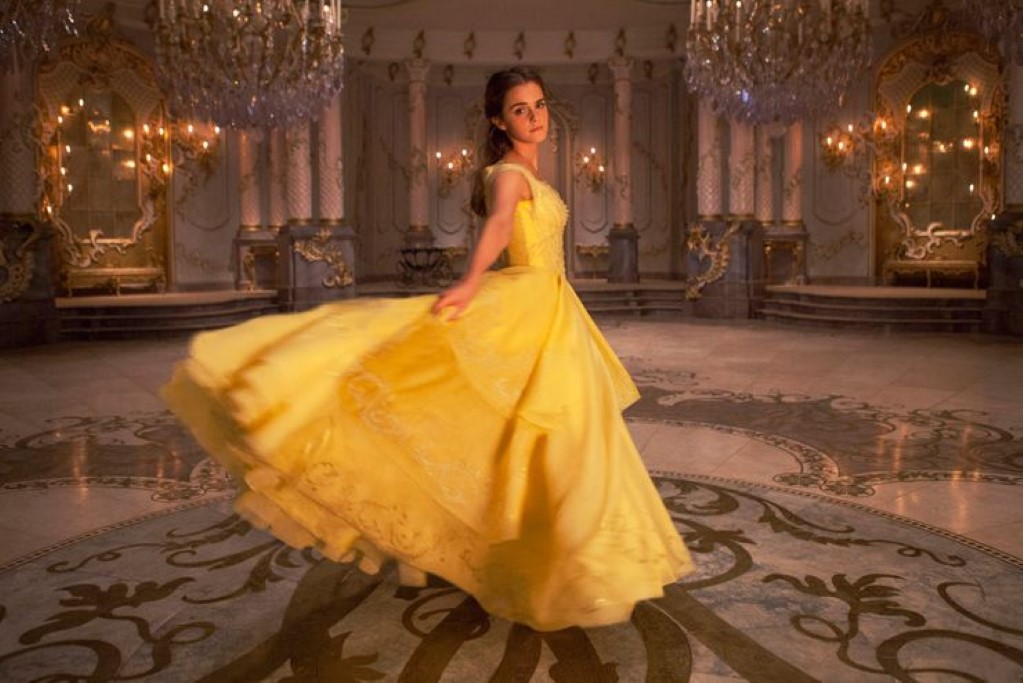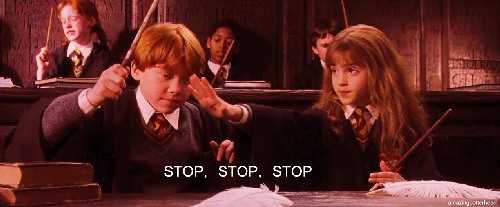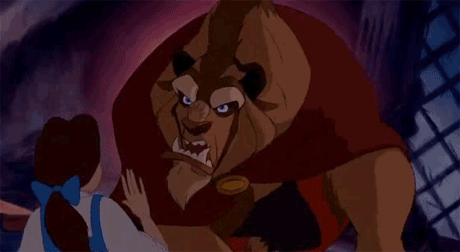Emma Watson Reckons ‘Beauty And The Beast’ Is Not About Stockholm Syndrome
It's a problematic tale as old as time!

Look, we all love that tale as old as time, Beauty And The Beast, even though it’s a little bit probbo. It’s the classic story of a girl forced into captivity who, after a sustained period alternating abuse and reward, falls in love with her captor. Many of us would call this “Stockholm Syndrome” — but not Emma Watson, your resident psychologist and star of Disney’s upcoming live-action Beauty And The Beast reboot.

In a recent interview with Entertainment Weekly, Watson was quizzed on persistent complaints about Beauty and the Beast‘s problematic love story. Ever the team player, Watson knocked down suggestions that the film depicted an example of Stockholm Syndrome.
Watson did admit that the question of Belle’s potentially problematic relationship with Beast was something she “really grappled with at the beginning”. However, after doing some classic Hermione Granger research, she concluded that, “Belle actively argues and disagrees with [Beast] constantly. She has none of the characteristics of someone with Stockholm Syndrome because she keeps her independence, she keeps that freedom of thought.”
Watson, who seems to have forgotten that Belle is literally imprisoned by the Beast for the bulk of the film (which I’m fairly sure is the opposite of “freedom” and “independence”), went on, “there’s a very intentional switch, where in my mind Belle decides to stay”.
Girl, no.

Pictured above: a totally romantic interaction.
Whether she meant to or not, Watson’s comments tap into the controversial Twitter moment, which happened in 2014, when survivors of domestic violence tweeted out their stories, accompanied by the hashtag #whyileft or #whyistayed. Unfortunately, deciding to stay in an abusive relationship does not render that relationship free of abuse; women stay in violent relationships for all sorts of complex and difficult reasons.
Sure, Beauty and the Beast is just a fairytale, but as Watson herself has pointed out, young girls can get a lot of their formative understanding about love and relationships from stories like Belle’s. Praising Belle and Beast’s slow-burn romance, Watson suggested that the “love at first sight” narrative is the real “problem with a lot of traditionally written fairytales”.
Watson, a UN ambassador for the organisation’s #heforshe campaign, frequently speaks out about women’s issues. She will hit your screens as the bookish Disney heroine, Belle, on 23 March 2017.